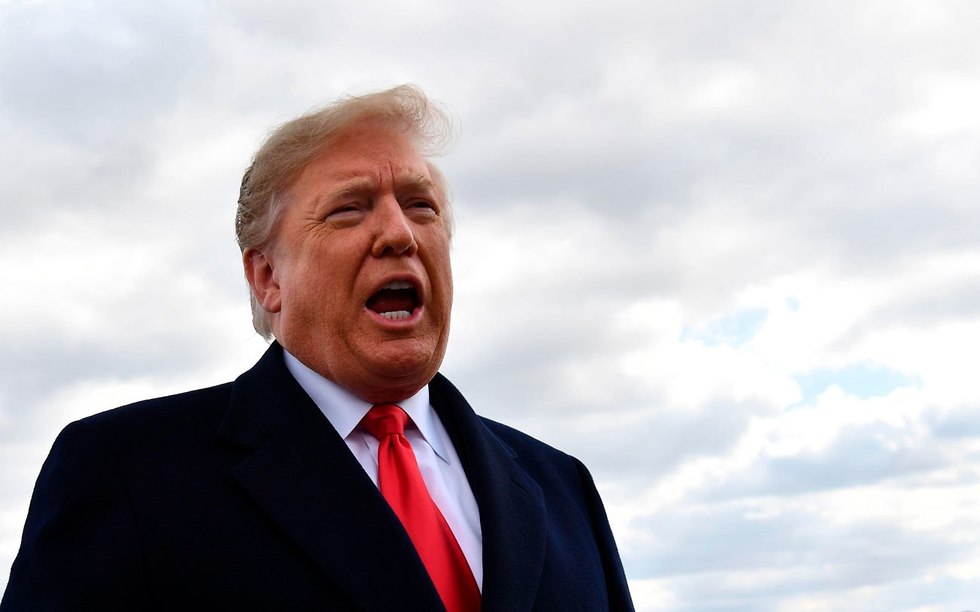That huge demonstration laid the foundation, perhaps unintentionally, of one of the most significant social movements in the last half century — the #MeToo movement.
It is not a new movement. Years before the "Me Too" phrase was popularized by actress Alyssa Milano; social activist Tarana Burke used the phrase to promote "empowerment through empathy" among sexual assault victims. But in October 2017, soon after sexual abuse allegations against Harvey Weinstein came out, the #MeToo social media hashtag spread quickly, imbued with one meaning: I, too, was harassed or sexually assaulted.
Those who complained about Weinstein encouraged more and more women to come forward and finally talk about life in a world where strong, rich men can do what they want.
Former Miss Arizona, Tasha Dixon: contestants were forced to greet Trump even when not fully dressed, October, 2016
However, the seeds of the #MeToo movement were planted with the publication of the 2005 Access Hollywood tape in which Trump is heard boasting about groping women. Perhaps what most gave rise to the movement was the fact that Trump was sworn in as President of the United State despite his sexist views and lewd remarks.
More than ten women complained that Trump sexually assaulted them, even before the elections. He threatened to sue them all but failed to do so. Meanwhile, the careers of Matt Lauer, Charlie Rose, Louis CK, Les Moonves, Bill O'Reilly and Al Franken are over, while Trump remains intact.
Only the women, who were brave enough to give a public voice to personal experiences and complain about the American president, are completely forgotten.
From Trump to #MeToo : http://bit.ly/2TdCnnD


No comments:
Post a Comment